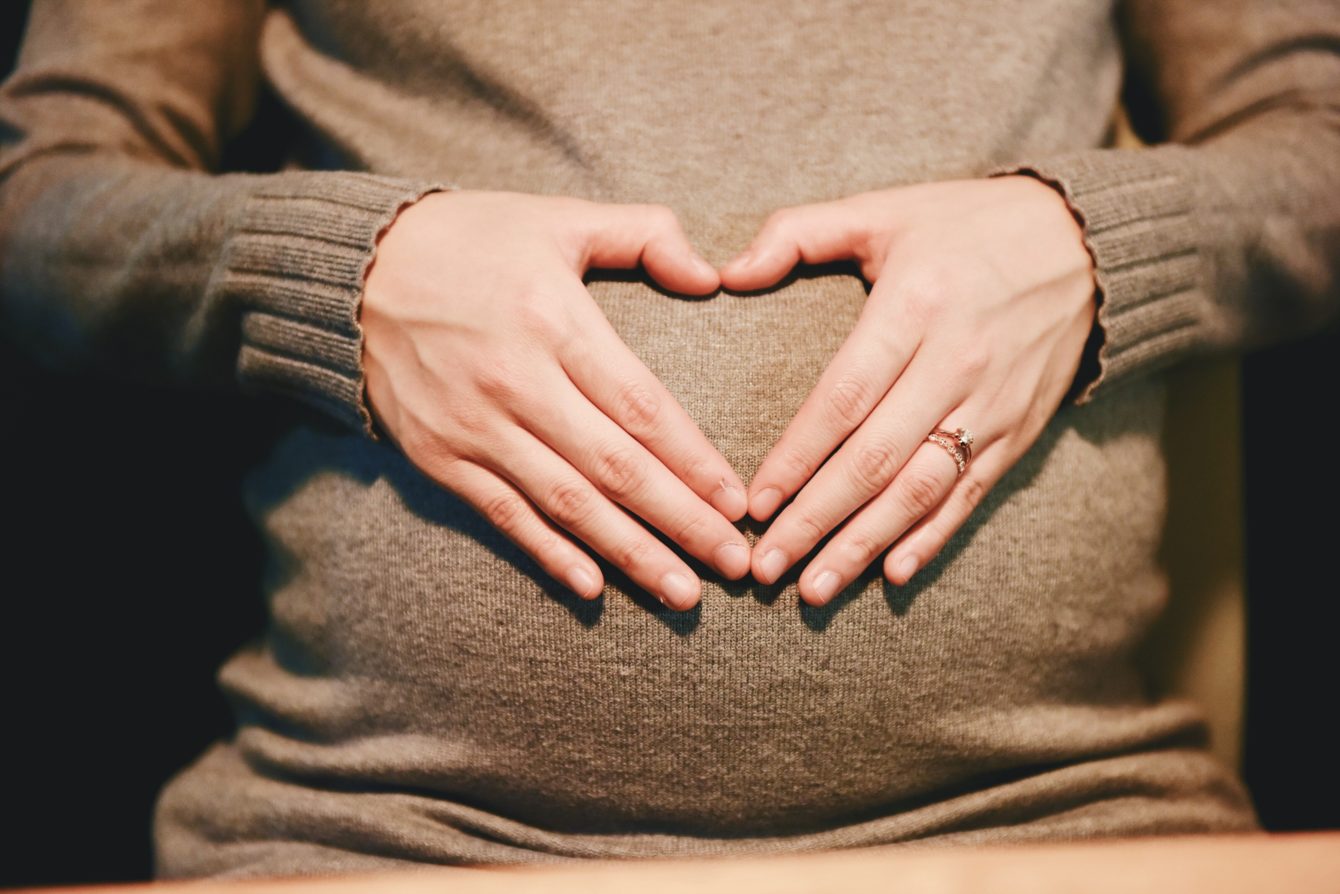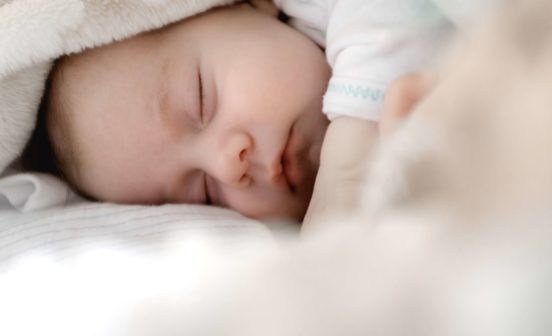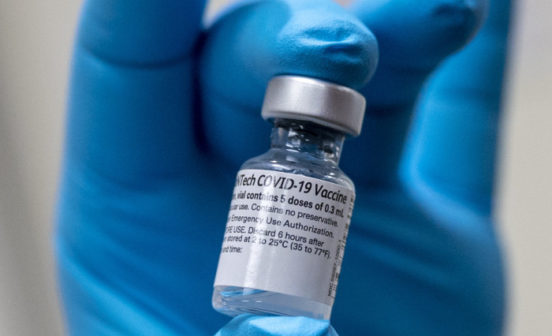AwardInformatics ApproachesPrevention COVID-19 is not associated with stillbirth or baby death

COVID-19 infection in pregnancy is not associated with stillbirth or early neonatal death, according to a new study.
However the research from over 4000 pregnant women with suspected or confirmed COVID-19, also found women who had a positive test were more likely to have a premature birth.
The research, led by scientists from Imperial College London and published in the journal Ultrasound in Obstetrics and Gynecology, used data from the UK and the USA. The study team looked at data from 4004 pregnant women who had suspected or confirmed COVID-19. Of these women, 1606 were from the UK, from a data registry called PAN-COVID, while 2398 were from the US, from the American Academy of Pediatrics SONPM data registry. All the women gave birth between January-August 2020.
The research, funded by the Medical Research Council, National Institute for Health Research and the NIHR Imperial Biomedical Research Centre, found that no babies died from COVID-19 in the study. There was also no increase in risk of stillbirth or low birth weight. However, both the UK and US data suggested a higher risk of pre-term birth (defined as birth before 37 weeks).
In the UK data, 12 per cent of women with suspected or confirmed COVID-19 had a pre-term delivery – 60 per cent higher than the national average rate of 7.5 per cent. In the US data, 15.7 per cent of women had a pre-term birth, 57 per cent higher than the US national average of 10 per cent.
The study team say part of this association may be due to doctors deciding to deliver the baby early due to concerns about the effect of COVID-19 infection on mother and baby. The rate of spontaneous pre-term birth was lower than expected.
Professor Christoph Lees, senior author of the study from Imperial’s Department of Metabolism, Digestion and Reproduction, said: “The finding that COVID-19 infection does not increase the risk of stillbirth or baby death is reassuring. However, a suspected or confirmed COVID-19 diagnosis was linked to a higher risk of preterm birth, and it isn’t entirely clear why.”
Dr Ed Mullins, co-author from Imperial’s Department of Metabolism, Digestion and Reproduction, added: “This study supports the prioritisation of vaccination for women who are pregnant or who plan to become pregnant, and existing measures that protect women in pregnancy from infection, in order to reduce pre-term birth.”
The proportion of babies born to mothers with confirmed COVID-19, and who subsequently tested positive for the SARS-CoV-2 virus (which causes COVID-19) was 2 per cent in the UK study, and 1.8 per cent in the US study.
The majority of women in the study had no pre-existing conditions such as diabetes or a respiratory condition such as asthma.
In the UK study eight of the women died, while four women died in the US study.
Read the full story by Kate Wighton, here. © Imperial College London





